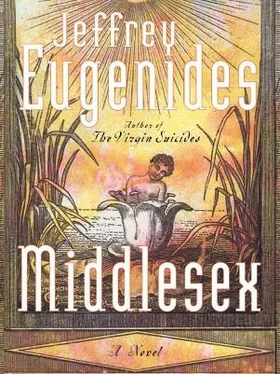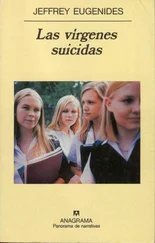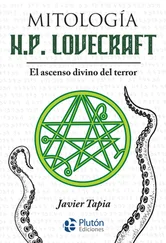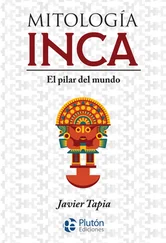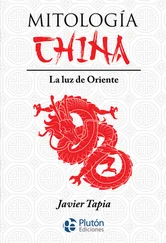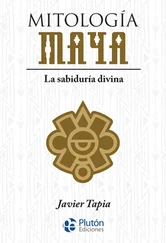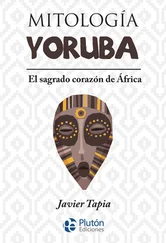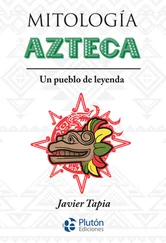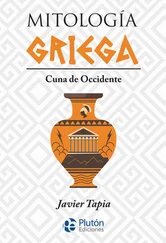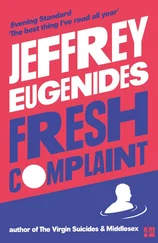What else came back to me, as the hockey ball zeroed in? Just about everything a field hockey ball could symbolize. Field hockey, that New England game, handed down from old England, just like everything else in our school. The building with its long echoing hallways and churchy smell, its leaded windows, its Gothic gloom. The Latin primers the color of gruel. The afternoon teas. The curtsying of our tennis team. The tweediness of our faculty, and the curriculum itself, which began, Hellenically, Byronically, with Homer, and then skipped straight to Chaucer, moving on to Shakespeare, Donne, Swift, Wordsworth, Dickens, Tennyson, and E. M. Forster. Only connect.
Miss Baker and Miss Inglis had founded the school back in 1911, in the words of the charter, “to educate girls in the humanities and sciences and to cultivate in them a love of learning, a modest comportment, an amiable grace, and an interest in civic duty above all.” The two women had lived together on the far side of the campus in “The Cottage,” a shingled bower that occupied a place in school mythology akin to Lincoln’s log cabin in national legend. Fifth graders were given a tour every spring. They filed by the two single bedrooms (which fooled them maybe), the founders’ writing desks still laid with fountain pens and licorice drops, and the gramophone on which they’d listened to Sousa marches. Miss Baker’s and Miss Inglis’s ghosts haunted the school, along with actual busts and portraits. A statue in the courtyard showed the bespectacled educators in a fanciful, springtime mood, Miss Baker gesturing, Pope-like, to bless the air, while Miss Inglis (forever the bottom) turned to see what her colleague was bringing to her attention. Miss Inglis’s floppy hat obscured her plain features. In the work’s only avant-garde touch, a thick wire extended from Miss Baker’s head, at the top of which hovered the object of wonder: a hummingbird.
. . . All this was suggested by the spinning hockey ball. But there was something else, something more personal, that explained why I was its target. What was Calliope doing playing goalie? Why was she encumbered by mask and pads? Why was Coach Stork hollering at her to make the save?
To answer simply: I wasn’t very good at sports. Softball, basketball, tennis: I was hopeless in every one. Field hockey was even worse. I couldn’t get used to the funny little sticks or the nebulous, European strategies. Short on players, Coach Stork put me in goal and hoped for the best. It rarely happened. With a lack of team spirit, some Wolverettes maintained that I possessed no coordination whatsoever. Did this charge have merit? Is there any connection between my present desk job and a lack of physical grace? I’m not going to answer that. But in my defense I will say that none of my more athletic teammates ever inhabited such a problematic body. They didn’t have, as I did, two testicles squatting illegally in their inguinal canals. Unknown to me, those anarchists had taken up residence in my abdomen, and were even hooked up to the utilities. If I crossed my leg the wrong way or moved too quickly, a spasm shot across my groin. On the hockey field I often doubled over, my eyes tearing up, while Coach Stork swatted me on the rump. “It’s just a cramp , Stephanides. Run it off.” (And now, as I moved to block the slap shot, just such a pain hit me. My insides twisted, erupting with a lava flow of pain. I bent forward, tripping on my goalie stick. And then I was tumbling, falling . . .)
But there’s still time to record a few other physical changes. At the beginning of seventh grade I got braces, a full set. Rubber bands now hooked my upper and lower palates together. My jaw felt springy, like a ventriloquist dummy’s. Every night before going to sleep I dutifully fit my medieval headgear on. But in the darkness, while my teeth were slowly coerced into straightness, the rest of my face had begun to give in to a stronger, genetic predisposition toward crookedness. To paraphrase Nietzsche, there are two types of Greek: the Apollonian and the Dionysian. I’d been born Apollonian, a sun-kissed girl with a face ringed with curls. But as I approached thirteen a Dionysian element stole over my features. My nose, at first delicately, then not so delicately, began to arch. My eyebrows, growing shaggier, arched, too. Something sinister, wily, literally “satyrical” entered my expression.
And so the last thing the hockey ball (coming closer now, unwilling to endure any more exposition)—the last thing the hockey ball symbolized was Time itself, the unstoppability of it, the way we’re chained to our bodies, which are chained to Time.
The hockey ball rocketed forward. It hit the side of my mask, which deflected it into the center of the net. We lost. The Hornets celebrated.
In disgrace, as usual, I returned to the gymnasium. Carrying my mask, I climbed out of the green bowl of the hockey field, which was like an outdoor theater. Taking small steps, I walked along the gravel path back to the school. In the distance, down the hill and across the road, lay Lake St. Clair, where my grandfather Jimmy Zizmo had faked his death. The lake still froze in winter, but bootleggers didn’t drive over it anymore. Lake St. Clair had lost its sinister glamour and, like everything else, had become suburban. Freighters still plied the shipping channel, but now you mostly saw pleasure boats, Chris-Crafts, Santanas, Flying Dutchmen, 470s. On sunny days the lake still managed to look blue. Most of the time, however, it was the color of cold pea soup.
But I wasn’t thinking about any of that. I was measuring my steps, trying to go as slowly as possible. I was looking at the gymnasium doors with an expression of wariness and anxiety.
It was now, when the game was over for everyone else, that it began for me. While my teammates were catching their breath, I was psyching myself up. I had to act with grace, with swift, athletic timing. I had to shout from the sidelines of my being, “Heads up, Stephanides!” I had to be coach, star player, and cheerleader all in one.
For despite the Dionysian revelry that had broken out in my body (in my throbbing teeth, in the wild abandon of my nose), not everything about me had changed. A year and a half after Carol Horning came to school with brand-new breasts, I was still without any. The brassiere I’d finally wheedled out of Tessie was still, like the higher physics, of only theoretical use. No breasts. No period, either. All through sixth grade I’d waited and then through the summer afterward. Now I was in seventh grade and still I was waiting. There were hopeful signs. From time to time my nipples became sore. Gingerly touching them, I felt a pebble beneath the pink, tender flesh. I always thought that this was the start of something. I thought I was budding. But time after time the swelling and soreness went away, and nothing came of it.
Of all the things I had to get used to at my new school, the most difficult, therefore, was the locker room. Even now with the season over, Coach Stork was standing by the door, barking. “Okay, ladies, hit the showers! Come on. Hustle up!” She saw me coming and managed to smile. “Good effort,” she said, handing me a towel.
Hierarchies exist everywhere, but especially in locker rooms. The swampiness, the nudity bring back original conditions. Let me perform a quick taxonomy of our locker room. Nearest the showers were the Charm Bracelets. As I passed by, I glanced down the steamy corridor to see them performing their serious, womanly movements. One Charm Bracelet was bending forward, wrapping a towel around her wet hair. She snapped upright, twisting it into a turban. Next to her another Bracelet was staring into space with empty blue eyes as she anointed herself with moisturizer. Still another Bracelet lifted a water bottle to her lips, exposing the long column of her neck. Not wanting to stare, I looked away, but I could still hear the sound they made getting dressed. Above the hiss of shower heads and the slap of feet on tiles, a high, thin tinkling reached my ears, a sound almost like the tapping of champagne flutes before a toast. What was it? Can’t you guess? From the slender wrists of these girls, tiny silver charms were chiming together. It was the ringing of tiny tennis rackets against tiny snow skis, of miniature Eiffel Towers against half-inch ballerinas on point. It was the sound of Tiffany frogs and whales chiming together; of puppies tinkling against cats, of seals with balls on their noses hitting monkeys with hand organs, of wedges of cheese ringing against clowns’ faces, of strawberries singing with inkwells, of valentine hearts striking the bells around the necks of Swiss cows. In the midst of all this soft chiming, one girl held out her wrist to her friends, like a lady recommending a perfume. Her father had just returned from a business trip, bringing her back this latest present.
Читать дальше
Конец ознакомительного отрывка
Купить книгу
